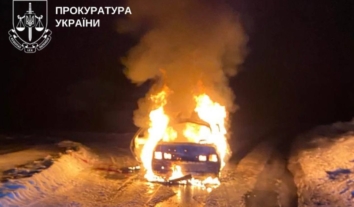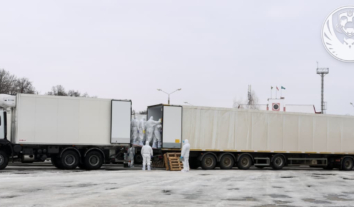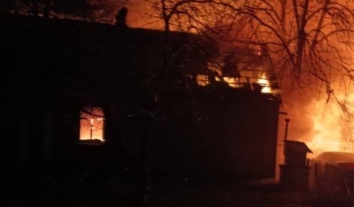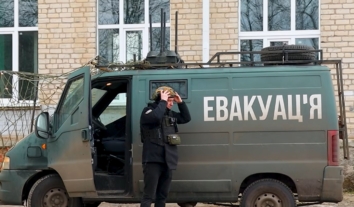“There are no LGBTQ+ people in Crimea”: Russia cracked down on the LGBTQ+ сommunity in the temporarily occupied peninsula
Russia established an atmosphere of fear and hatred on the peninsula, which prevents lesbian, gay, bisexual, transgender, intersex, queer plus people (LGBTIQ+) from fully exercising their rights and forces them to leave their homes and move to mainland Ukraine or abroad.
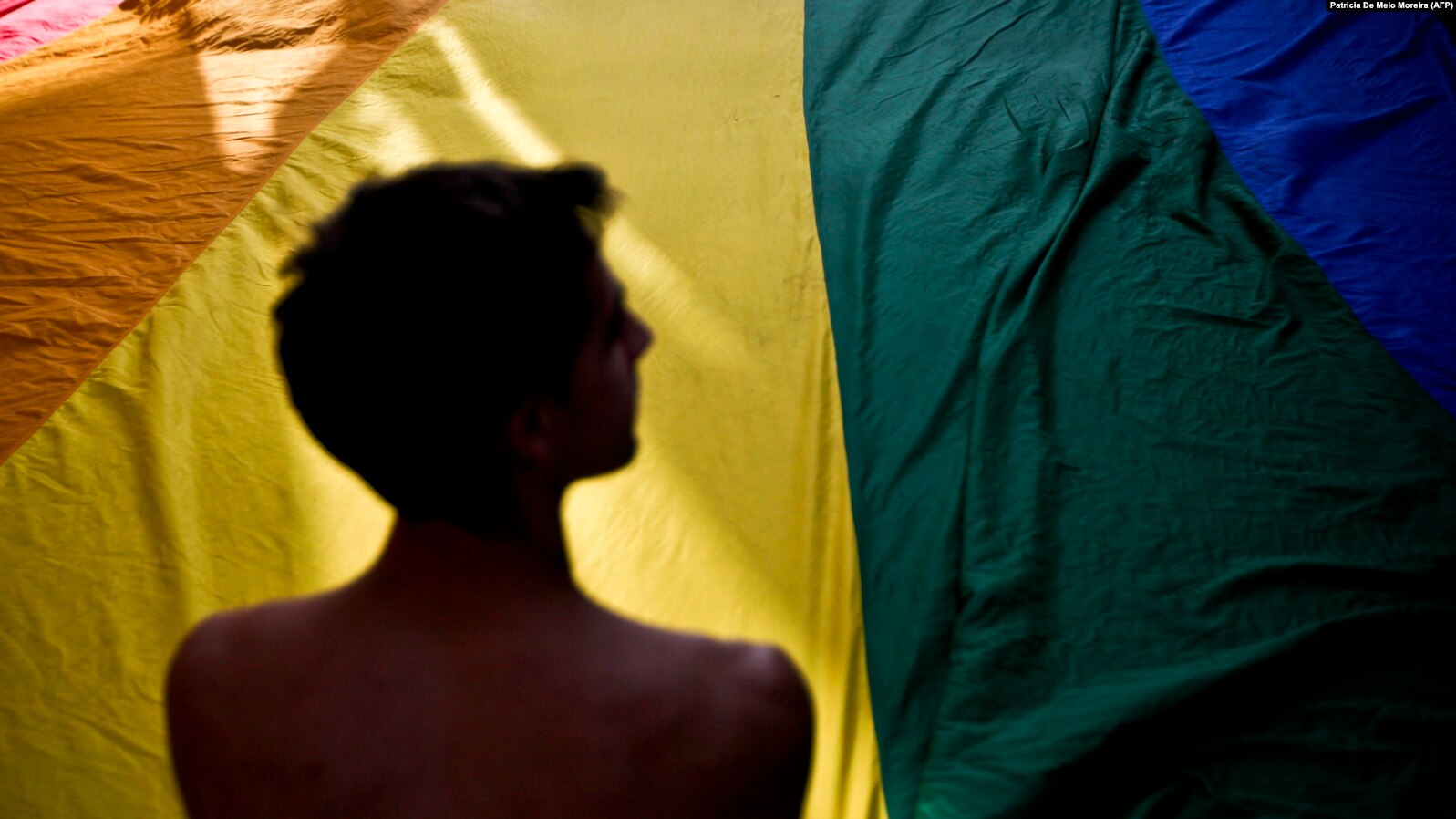
According to the report of the Crimean NGO Regional Center for Human Rights (RCHR), as of 2014, the number of representatives of the LGBT+ community in Crimea amounted to approximately 16,200 persons. However, the number of people who remain in the territory in 2023 is unknown.
The Russian legislation also prohibits “propaganda of non-traditional sexual relations”. According to the UN report “Ten years of occupation by the Russian Federation: Human rights in the Autonomous Republic of Crimea and the City of Sevastopol, Ukraine”, it also effectively denies LGBTIQ+ individuals in temporarily occupied Crimea the ability to fully realise their right to personal autonomy and right to express themselves freely, consistent with their identity.
Crimean human rights lawyers explain that Russia does not recognize the state of occupation, so it has extended its legislation and law enforcement practices to the peninsula. Formally, the Constitution and sectoral legislation of the Russian Federation enshrines the principle of equality between all persons, but it is not applied in practice. Criminal liability for discriminatory acts is not provided for, and the courts never impose administrative sanctions for the violation of the principle of prohibition of discrimination on the basis of sexual orientation.
Furthermore, labour and family legislation contains discriminatory provisions, as well as legislation on the protection of children’s rights. For instance, the Russian Code of Administrative Offenses stipulates liability for propaganda of “nontraditional sexual relations” among minors.
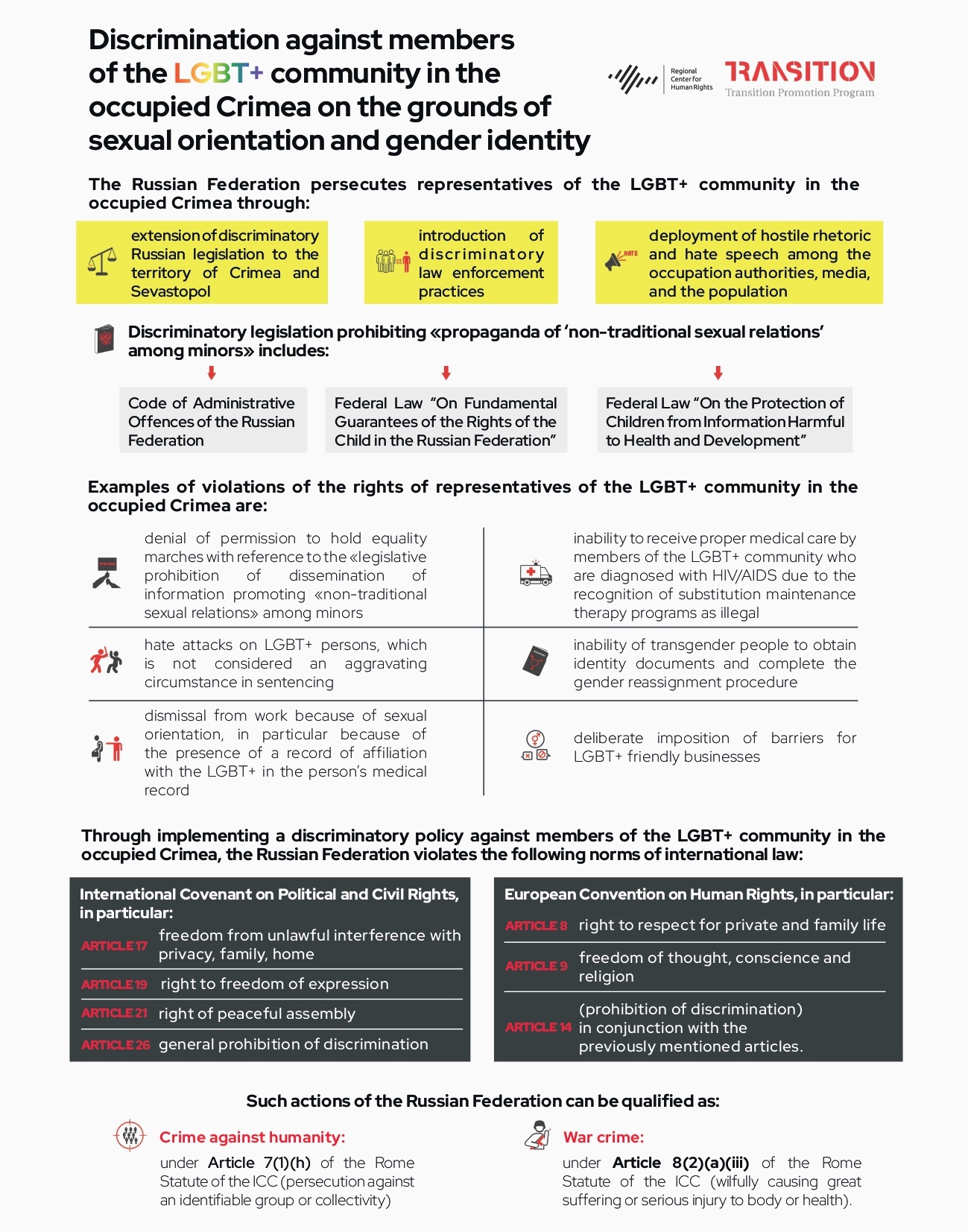
In autumn 2022, the Russian parliament approved a draft law with a complete ban on “propaganda of nontraditional sexual relations” through the display of information about LGBTIQ+ people on the Internet, in media, books, audiovisual services, cinema, and advertising.
RCHR reported that in June 2023, the Russian Duma adopted a draft law banning gender reassignment surgery in the first reading. Lawyers explained that such changes to the legislation if further adopted, will significantly deteriorate the situation with the rights of LGBTIQ+ persons in the temporarily occupied Crimea.
Due to the implementation of rhetoric targeted against members of the LGBTIQ+ community spread by Russia, the number of human rights violations in Crimea has increased, which are justified by the so-called “preservation of morality”.
Crimean human rights lawyers of the RCHR reported that one of the propaganda narratives the Russian authorities use is the opposition of “traditional values’’ to “homosexual Europe.” This is mainly manifested in the statements of the occupation authority’s representatives.
For example, the illegitimate “Minister for Internal Policy, Information, and Communications” of the so-called “Republic of Crimea” Dmitry Polonsky stated as follows:
“We can recommend that they go to free ‘Gay-rope’ and walk the streets of the capitals of European countries where there is complete tolerastiia (tolerance, but in a bad way). They shouldn’t come to our heroic land and walk around with rainbow ribbons.”
One of the consequences of propaganda has been a surge of hate-motivated violence. Such attacks are carried out not only against members of the LGBTIQ+ community, but also against people who may resemble them by certain external features, the RCHR remarked.
Both individuals and organized groups carry out the attacks; the perpetrators often shout out homophobic slogans while inflicting bodily injuries. At least during 2014-2016, the right-wing radical movement “Occupy-Pedophile” has been operating in Crimea, whose members used to organize meetings with representatives of the LGBTIQ+ community, commit violent acts, film them, and further distribute them on the Internet.
According to the United Nations Human Rights Monitoring Mission in Ukraine (HRMMU), Russian occupying authorities have refused to authorise assemblies for the recognition of the human rights of LGBTIQ+ individuals. Virtually all LGBTIQ+ initiatives that existed in Crimea before 2014 had disappeared from the peninsula by 2018.
The Russian occupation authorities stated that “there are no LGBTIQ+ people in Crimea”.
As a result of the illegal extension of Russian legislation on the territory of Crimea, medical records of persons include homosexual orientation as a mental illness. Consequently, this prevents members of the LGBTIQ+ community, who require a medical examination to be employed, from exercising their right to work.
Moreover, under the conditions of occupation, the number of dismissed members of the LGBTIQ+ community has increased, especially among educators. Discrimination is continuously perpetrated in other areas.
Since 2014, substitution maintenance therapy programs for people with HIV/AIDS have been recognized as illegal, which denied access of people with this diagnosis to proper medical care. Minors within the LGBTIQ+ community are unable to seek psychological assistance.
In many cases, transgender people whose appearance and data did not match those in the old passport were unable to obtain a new one and were effectively left without documents, as the Russian Federation illegally imposes Russian citizenship on Crimean residents.
Furthermore, as a result of constant persecution by the occupation authorities, many LGBTIQ+-oriented entertainment venues were forced to cease activities on the peninsula. Thus, almost all LGBTIQ+ initiatives that existed before the occupation have disappeared.
For example, the “Friends” hotel and the “Qbar” gay bar in temporarily occupied Sevastopol were closed, and the “Yizhaky” bar significantly limited its activities.
The RCHR claimed that the persecution of LGBTIQ+ people in Crimea by Russia constitutes a violation of the International Covenant on Civil and Political Rights, in particular the right to privacy, the right to freedom of expression, freedom of association and the prohibition of discrimination.
Moreover, the implementation of discriminatory policies constitutes a violation of the European Convention on Human Rights, in particular the right to respect for private and family life, the right to freedom of expression, the right to peaceful assembly, and may account for discrimination.
The human rights community in Ukraine also believes that the de-occupation of Crimea is necessary to stop the systematic violations of human rights committed by the Russian Federation on the peninsula. They are urging other countries to support Ukraine with timely and sufficient weapons and military equipment supplies towards this end.
Ukrainian authorities also have repeatedly called on Russian citizens who have illegally settled in the temporarily occupied Crimea to leave the peninsula while there is still such an opportunity. For Ukrainian citizens on the peninsula, Ukrainian authorities have published detailed instructions on what civilians should do during the hostilities in Crimea and the de-occupation of the peninsula.
Earlier, the human rights NGO Crimea SOS emphasised that ignoring the war crimes of the Russian occupiers has led to a deterioration of the human rights situation in the occupied Crimea. The lack of response from the international community to the occupation of Crimea and the further crimes of the occupiers made it easier for Russia to turn the peninsula into a springboard for the invasion of mainland Ukraine in 2022.
In July 2023, Wayne Jordash, the managing partner of Global Rights Compliance LLP, said that the International Criminal Court is not doing enough to investigate international crimes against civilians in the temporarily occupied Crimea.

